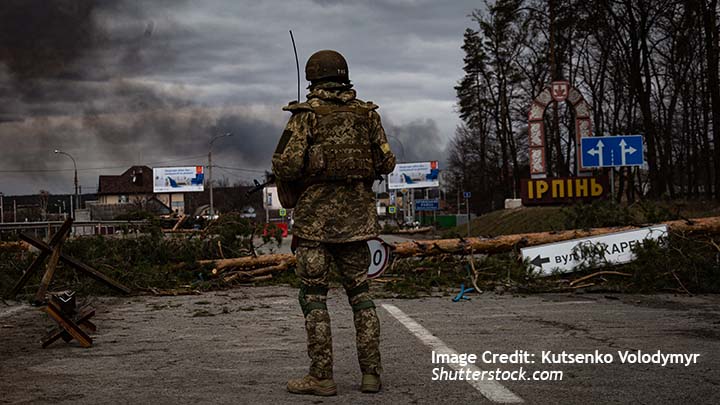Ukraine-Russia War: A prelude to a post-Western international order?

Stephen R. Nagy and Phar Kim Beng
Abstract:
This Issue Brief analyzes how the collective action of developed countries in response to Russia’s invasion of Ukraine has demonstrated just how dominant the so-called “Western” international order is. Instead of a post-Western international order emerging, the developed countries’ response to Russia’s invasion of Ukraine and concerns about China’s revisionist track record, reveals how so-called Western international order is adapting to outcompete and be resilient against revisionist states that chose to use military or other means to revise international order in their favor.